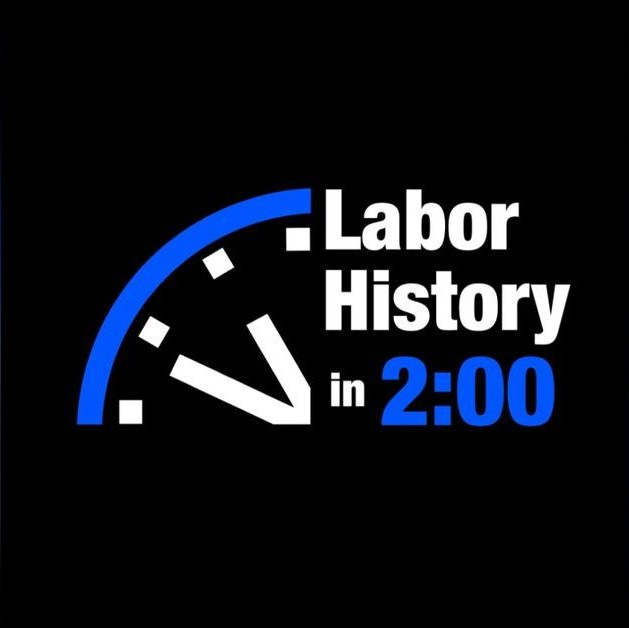On This Day In Labor History ...
Homestead - July 1, 1892
On this day in Labor History, the year was 1892, the working families of Homestead, Pennsylvania, found themselves not just out of work, but locked out of their very livelihoods. Nearly 4,000 men—steelworkers at the mighty Carnegie Steel Company—were cast into the streets by a management determined to crush their union and drive down their wages. The Ho…




